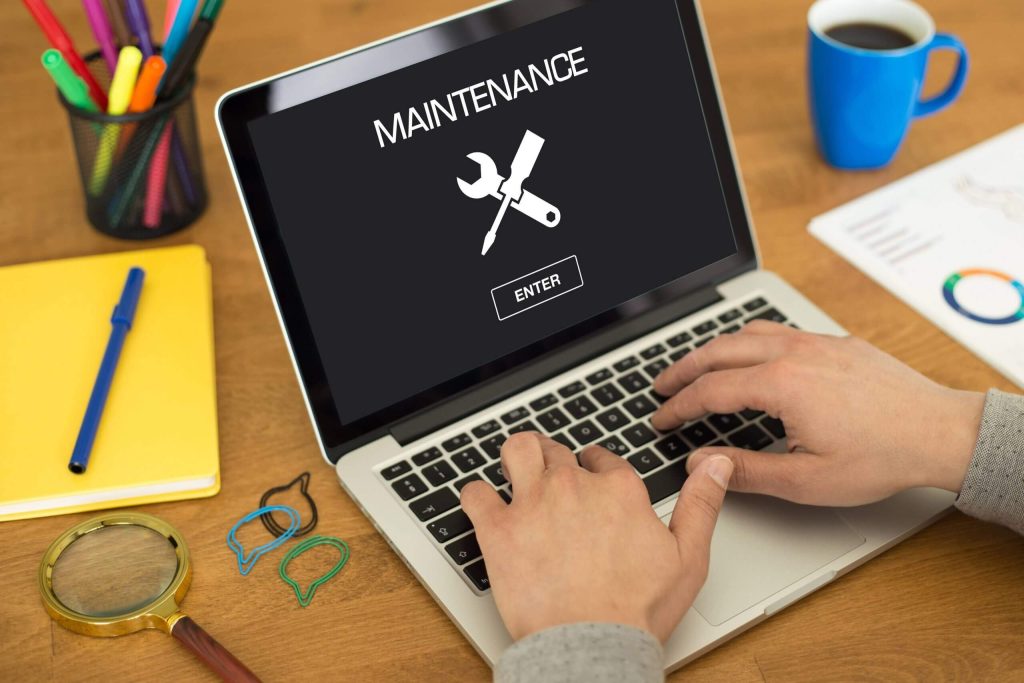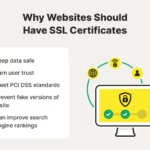Keeping your website in top condition requires strategic planning and consistent effort. Whether it’s ensuring security, optimizing performance, or updating content, maintaining a high-performing website can seem overwhelming without a proper plan. This comprehensive checklist will guide you through essential maintenance tasks to keep your site running smoothly and securely.
Essential Website Security Tasks
Scan for Malware and Vulnerabilities
Conduct regular security scans to identify and address potential threats. Tools like Wordfence can help you catch vulnerabilities in plugins, themes, or other software components before they escalate.
Update Security Certificates and SSL
Ensure your SSL (Security Sockets Layer) certificate is up to date to protect user data and boost SEO rankings. “Not Secure” warnings can harm your site’s credibility, so stay proactive.
Review User Access and Permissions
Audit user roles to ensure only essential personnel have access to sensitive areas of your website. Implement two-factor authentication for added security.
Monitor Logs and Block Suspicious IPs
Set up automated alerts for unusual activity and regularly review security logs to identify and block malicious IP addresses.
Performance Optimization Checklist
Speed Monitoring and Improvement
Use tools like Google PageSpeed Insights or GTmetrix to assess your site’s loading speed. Optimize images, minify CSS/JavaScript/HTML, and enable browser caching for faster load times.
Server Resource Management
Monitor server usage and optimize your database by clearing temporary files and unused data. Regularly evaluate your hosting plan to ensure it meets your growing needs.
Content Management Tasks
Website Backup Procedures
Make regular backups and test them to ensure reliability. Store backups in multiple locations, and document the restoration process for emergencies.
Content Updates and Optimization
Refresh outdated content, fix broken links, and update your XML sitemap to improve SEO and user experience. Adding alt tags to images enhances accessibility.
Technical Maintenance Requirements
Software Updates
Keep your CMS, plugins, and themes updated to patch vulnerabilities. Use a staging environment to test changes before implementing them on your live site.
Database Maintenance
Optimize database tables, delete spam comments, and resolve errors promptly. Backup your database separately to ensure data security.
Website Analytics and Reporting
Performance Metrics Review
Use Google Analytics to analyze traffic stats, bounce rates, and conversion rates. Optimize your site for mobile users and regularly review performance data to refine your strategy.
Security Audit Documentation
Keep records of security incidents and update protocols to prevent recurring issues. Monthly security reports provide insights into your site’s progress and vulnerabilities.
Professional Maintenance Service Features
If maintaining your website feels overwhelming, consider outsourcing to professional services. Look for features like 24/7 monitoring, automated backups, regular security scans, performance optimization, and responsive tech support.
Emergency Response Planning
Incident Response Procedures
Create a list of emergency contacts, recovery instructions, and a communication plan. Prepare a backup strategy for worst-case scenarios.
Disaster Recovery Steps
Regularly test your backups and update recovery documentation. Define Recovery Time Objectives (RTO) to prioritize tasks during emergencies.
Take Your Website Maintenance to the Next Level with Finxhost
Need expert help to ensure your website is always performing at its best? Finxhost offers reliable hosting services, automated backups, and robust security features to keep your site secure and optimized. With 24/7 support and tailored solutions, you can focus on growing your business while we handle the technical details.
Explore Finxhost’s Services Now and experience seamless website management today!



